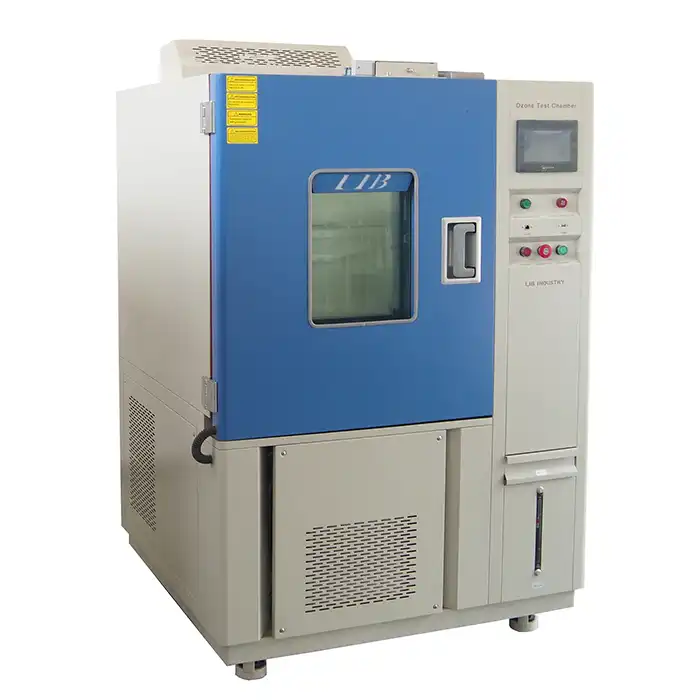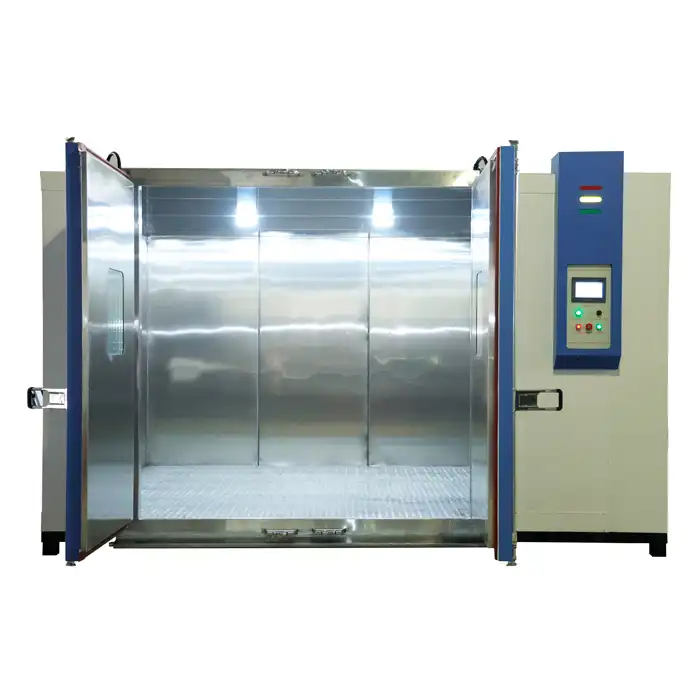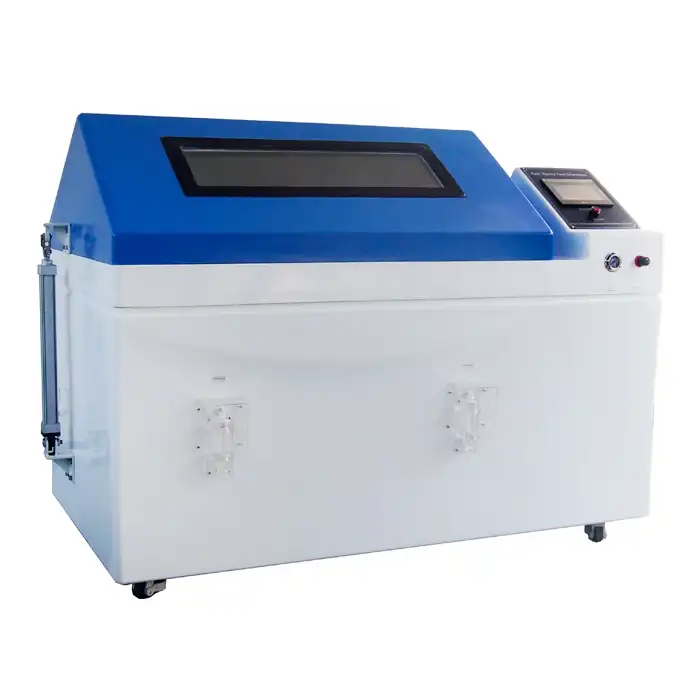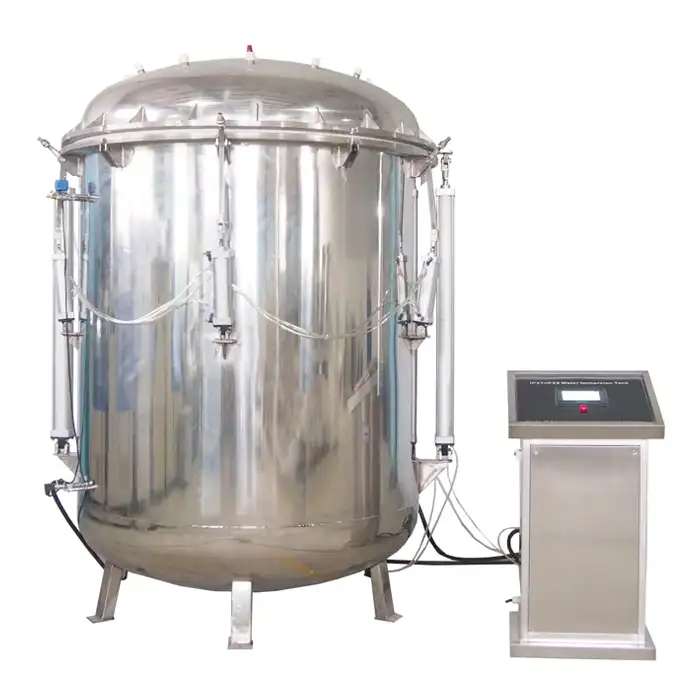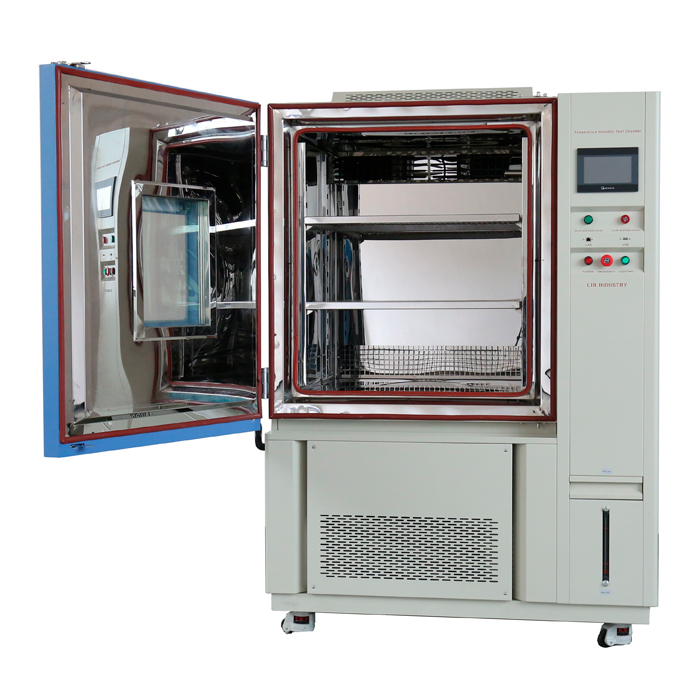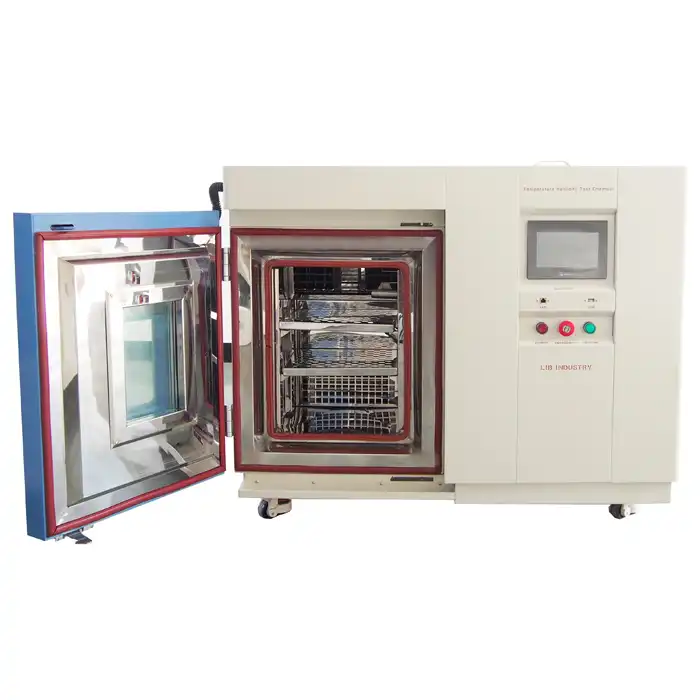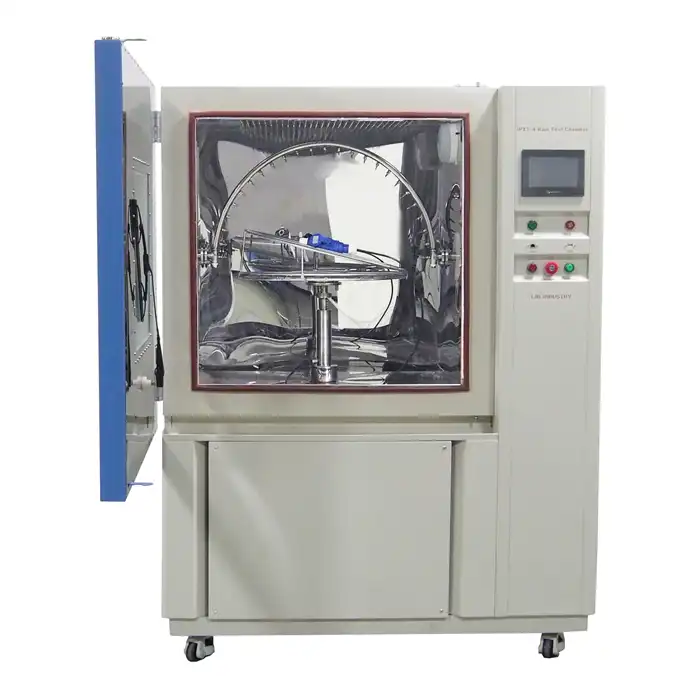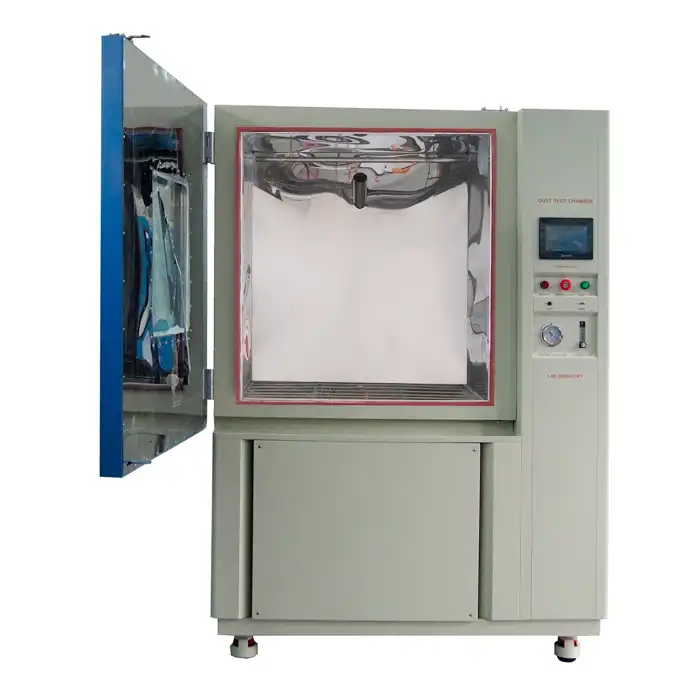The Role of Advanced Corrosion Testing Equipment in Modern Industries
Corrosion is a persistent challenge in industries that rely on durable materials, affecting everything from infrastructure to high-tech components. Advanced corrosion testing equipment has become essential in evaluating material performance, ensuring compliance with industry standards, and enhancing product longevity. As industries evolve, cutting-edge testing methods are revolutionizing how businesses approach corrosion prevention.
How Cutting-Edge Testing Systems Propel Material Advancements?
Innovative corrosion testing systems play a crucial role in developing new materials with enhanced resistance to environmental degradation. Industries such as aerospace, automotive, and construction rely on advanced testing to improve materials that endure extreme conditions.
For example, salt spray chambers simulate harsh marine environments, helping manufacturers assess protective coatings on metal surfaces. Cyclic corrosion tests, which replicate real-world exposure cycles, provide more accurate predictions of material lifespan. Research indicates that high-precision chambers can extend a product's durability by up to 30% by identifying weaknesses before deployment.
These advancements lead to the development of materials with superior anti-corrosion properties, reducing long-term maintenance costs and enhancing safety. With the integration of high-accuracy sensors and controlled testing environments, companies can now push the boundaries of material science, ensuring their products withstand even the harshest conditions.
The Impact of Corrosion Testing on Industry Standards
Corrosion testing equipment is not just a research tool - it plays a pivotal role in shaping global industry standards. Organizations such as ASTM International and ISO establish rigorous guidelines that manufacturers must meet to ensure product reliability.
For instance, the automotive industry adheres to ISO 9227 standards for salt spray testing, ensuring vehicle components can resist corrosion in humid or coastal environments. Similarly, the aerospace sector follows ASTM B117 to evaluate aircraft materials against oxidation and chemical exposure.
The enforcement of these standards minimizes failures in critical applications, from oil pipelines to medical devices. Studies show that companies implementing stringent corrosion testing protocols report a 20-40% reduction in unexpected maintenance and repair costs. As regulatory demands increase, industries must invest in reliable corrosion testing solutions to maintain compliance and product integrity.
Integrating Automation and Data Analytics: Transforming Corrosion Testing for the Digital Age
The future of corrosion testing lies in automation and data-driven insights. Traditional manual testing methods are being replaced by AI-enhanced systems that provide real-time monitoring, predictive analytics, and automated reporting.
Smart corrosion testing equipment integrates cloud connectivity, allowing engineers to remotely monitor corrosion progression. Machine learning algorithms analyze test data to identify patterns, helping industries predict material fatigue before visible damage occurs. A study on automated corrosion monitoring found that predictive analytics reduced material failure rates by up to 45% compared to conventional testing methods.
Additionally, automated test chambers enhance efficiency by precisely controlling temperature, humidity, and exposure conditions. This not only improves testing accuracy but also reduces human error, leading to more reliable results. By adopting digital solutions, industries can streamline testing processes, accelerate R&D, and proactively address corrosion-related challenges.
Tailoring Advanced Testing Equipment for Automotive, Aerospace, and Energy Industries
Different industries require specialized corrosion testing solutions to meet their unique operational demands.
- Automotive Sector: Vehicle manufacturers use cyclic corrosion testing to evaluate how coatings and metals perform under fluctuating temperature and humidity conditions. This ensures that cars remain resistant to rust and degradation over years of exposure to road salt and moisture.
- Aerospace Industry: Aircraft components undergo extreme temperature shifts and atmospheric conditions. High-precision salt spray and humidity chambers help engineers test materials for long-term durability, ensuring structural integrity and passenger safety.
- Energy Sector: Power plants, wind turbines, and offshore oil rigs operate in highly corrosive environments. Advanced test systems simulate prolonged exposure to seawater, chemicals, and temperature variations, helping energy companies select the most durable materials for infrastructure.
By adopting tailored corrosion testing equipment, industries can mitigate risks, extend asset lifespan, and enhance overall performance.
LIB Corrosion Testing Equipment
LIB Industry specializes in high-quality corrosion testing equipment, designed to meet the rigorous demands of modern industries. Our salt spray chambers and cyclic corrosion testers provide accurate, repeatable results, ensuring compliance with international standards such as ASTM B117 and ISO 9227.
Why Choose LIB Industry's Corrosion Testing Equipment?
- High-Precision Control: Advanced temperature, humidity, and spray control for accurate simulation of real-world conditions.
- User-Friendly Interface: Intuitive touchscreen controls and automated data logging for seamless operation.
- Customizable Solutions: Tailored testing systems to meet industry-specific requirements.
- Durability and Reliability: Built with corrosion-resistant materials for long-lasting performance.
With LIB Industry's expertise in environmental testing solutions, businesses can confidently enhance material resilience and meet the highest industry standards. To learn more about our corrosion testing equipment, contact us at ellen@lib-industry.com.
References
1. ASTM International - Standards for corrosion testing and material durability.
2. ISO 9227: Corrosion Testing in Artificial Atmospheres - Guidelines for salt spray testing in automotive applications.
3. Journal of Materials Engineering and Performance - Research on advanced corrosion testing methods and their industrial impact.
4. The Corrosion Science Journal - Studies on predictive corrosion monitoring and automation in testing equipment.



